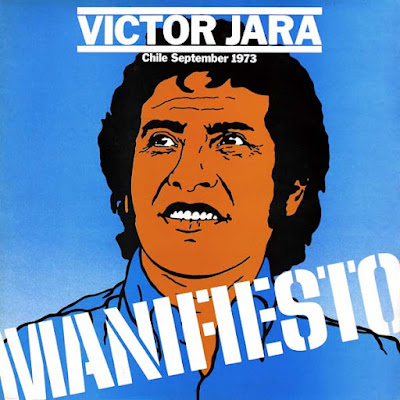 This is the album that made Harry Belafonte's career. Up to this point, calypso had only been a part of Belafonte's focus in his recordings of folk music styles. But with this landmark album, calypso not only became tattooed to Belafonte permanently; it had a revolutionary effect on folk music in the 1950s and '60s.
This is the album that made Harry Belafonte's career. Up to this point, calypso had only been a part of Belafonte's focus in his recordings of folk music styles. But with this landmark album, calypso not only became tattooed to Belafonte permanently; it had a revolutionary effect on folk music in the 1950s and '60s. The album consists of songs from Trinidad, mostly written by West Indian songwriter Irving Burgie
(aka Lord Burgess). Burgie´s two most successful songs are included -- "Day O" and "Jamaica Farewell" (which were both hit singles for Belafonte) -- as are the evocative ballads "I Do Adore Her" and "Come Back Liza" and what could be the first feminist folk song, "Man Smart (Woman Smarter)."
"Calypso" became the first million-selling album by a single artist, spending an incredible 31 weeks at the top of the Billboard album charts, remaining on the charts for 99 weeks. It triggered a veritable tidal wave of imitators, parodists, and artists wishing to capitalize on its success. Years later, it remains a record of inestimable influence, inspiring many folksingers and groups to perform, most notably the Kingston Trio, which was named for the Jamaican capital. For a decade, just about every folksinger and folk group featured in their repertoire at least one song that was of West Indian origin or one that had a calypso beat. They all can be attributed to this one remarkable album. Despite the success of "Calypso", Belafonte refused to be typecast. Resisting the impulse to record an immediate follow-up album, Belafonte instead spaced his calypso albums apart, releasing them at five-year intervals in 1961, 1966, and 1971.
Harry Belafonte - Calypso (1956)
(256 kbps, cover art included)


 The German student movement of 1968 gave rise to a colorful flock of songsmiths, who early on discovered Heinrich Heine for their purposes. Looking at pieces critical of times past or present, a few verses from "Deutschland. Ein Wintermärchen" became part of the scenery.
The German student movement of 1968 gave rise to a colorful flock of songsmiths, who early on discovered Heinrich Heine for their purposes. Looking at pieces critical of times past or present, a few verses from "Deutschland. Ein Wintermärchen" became part of the scenery.











